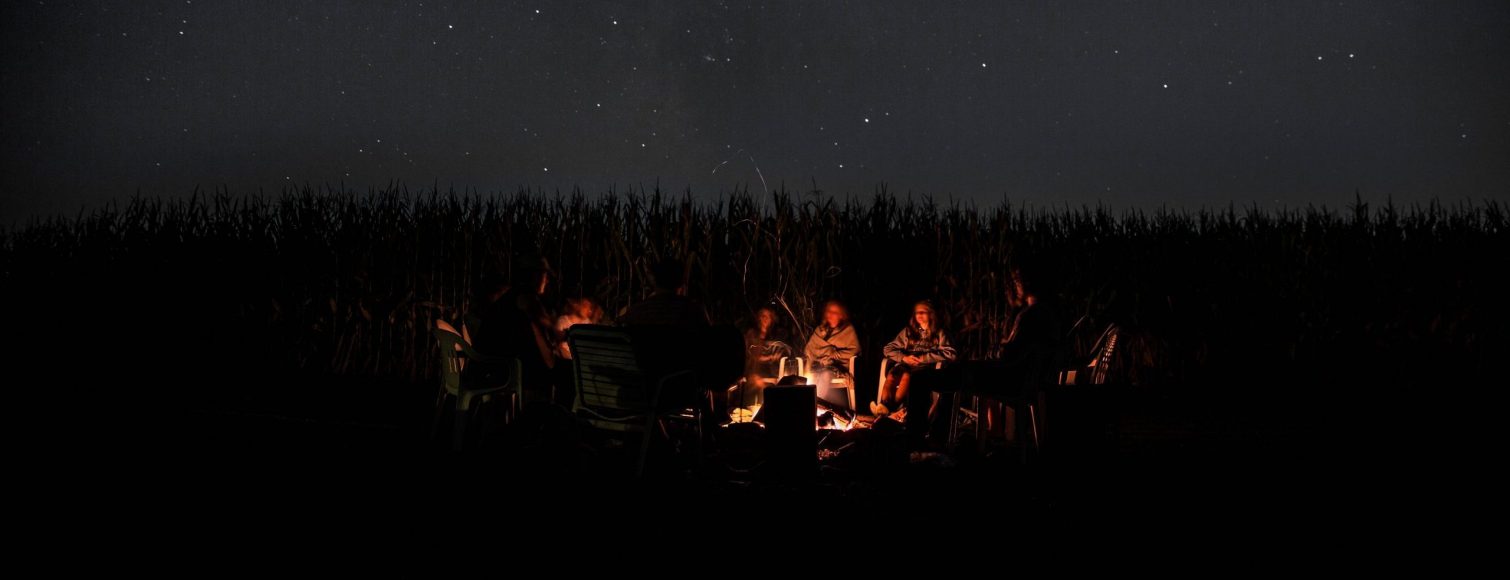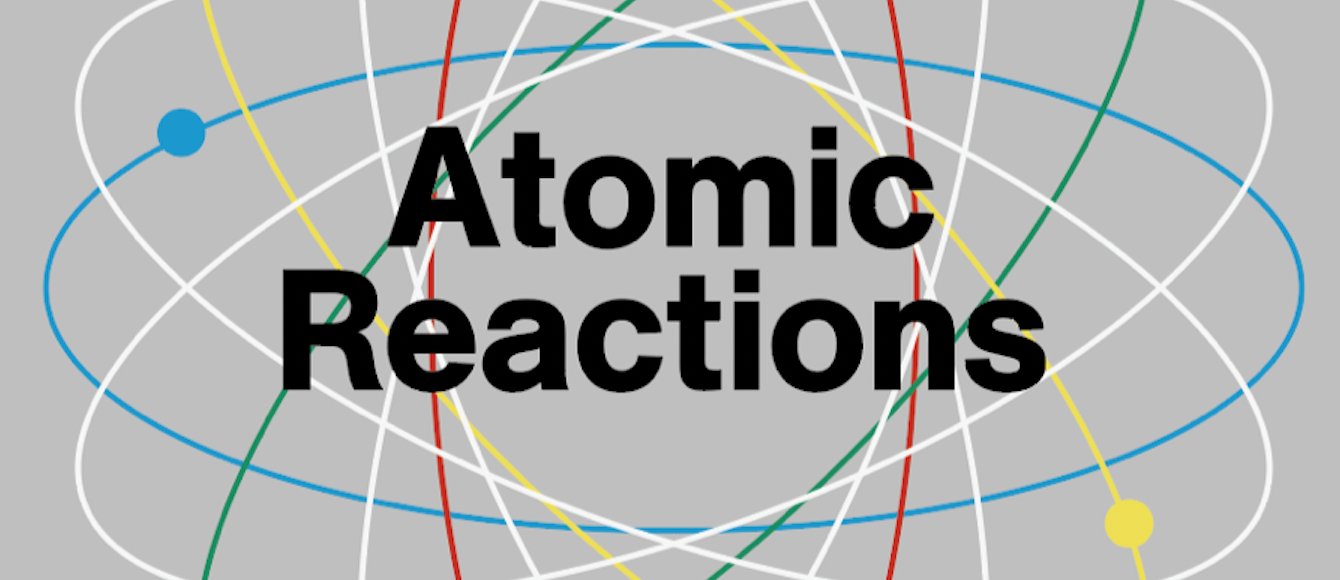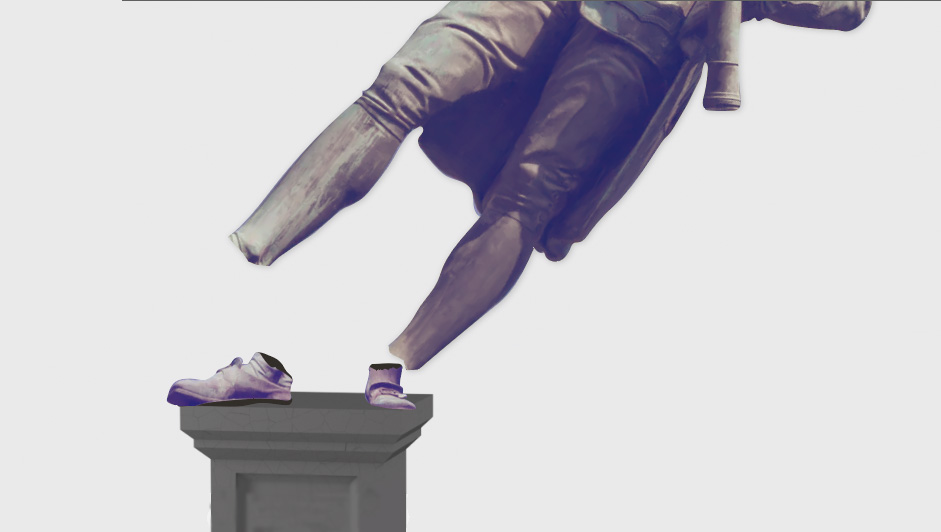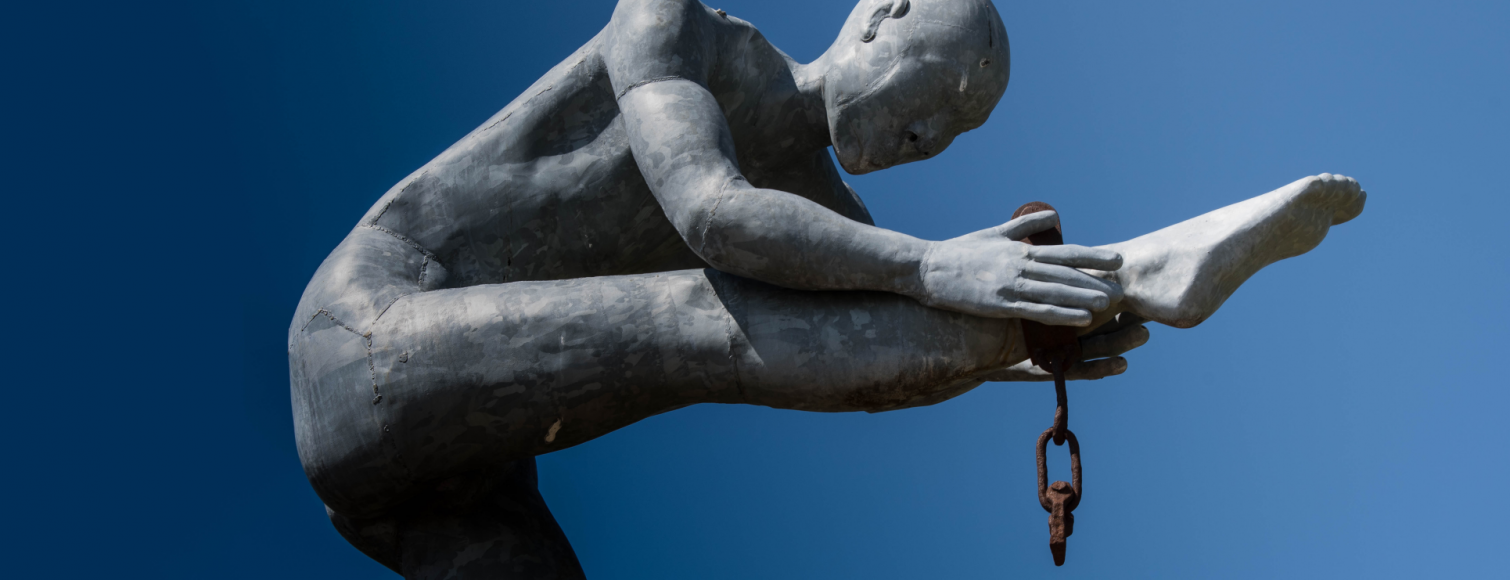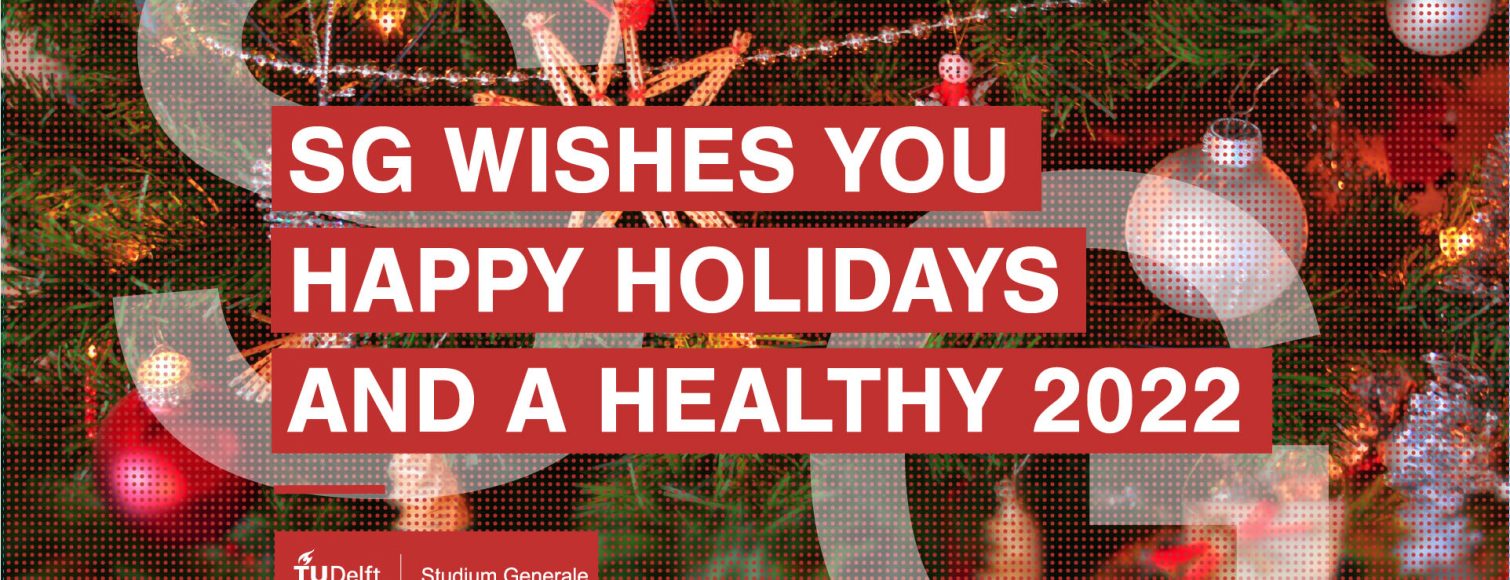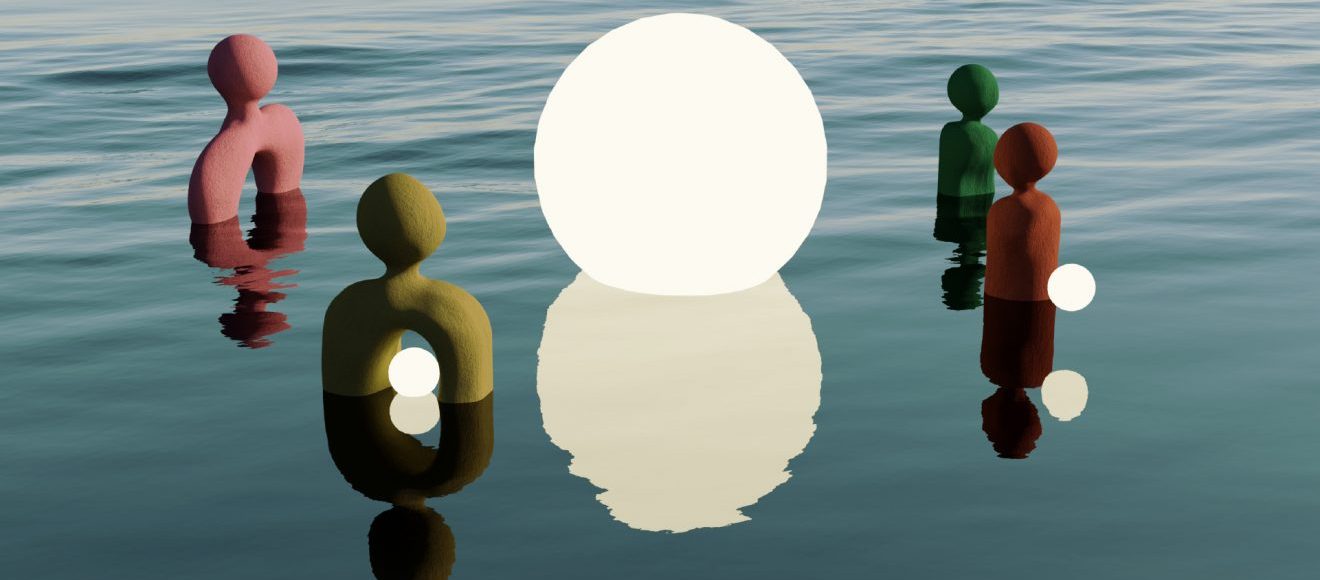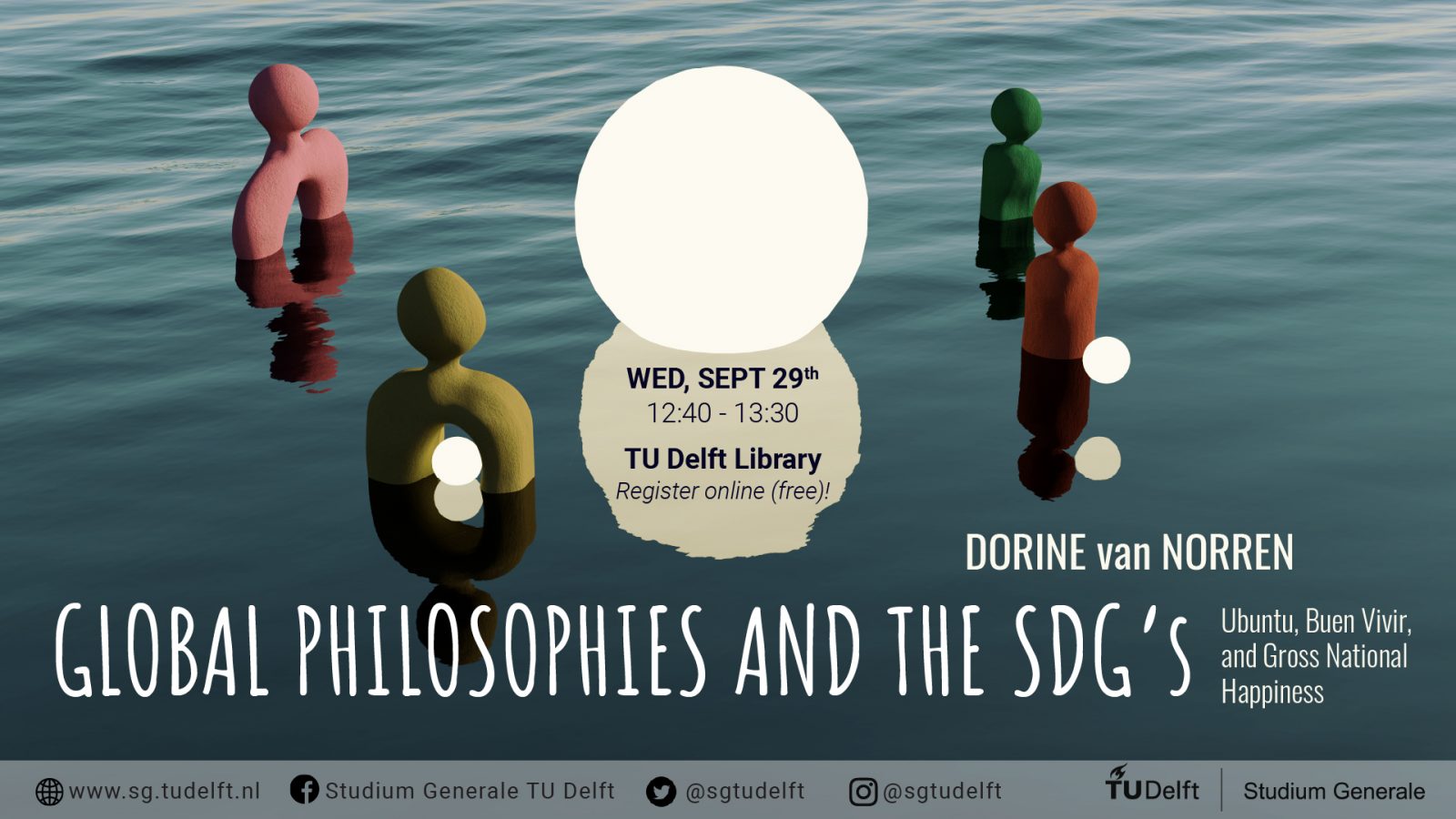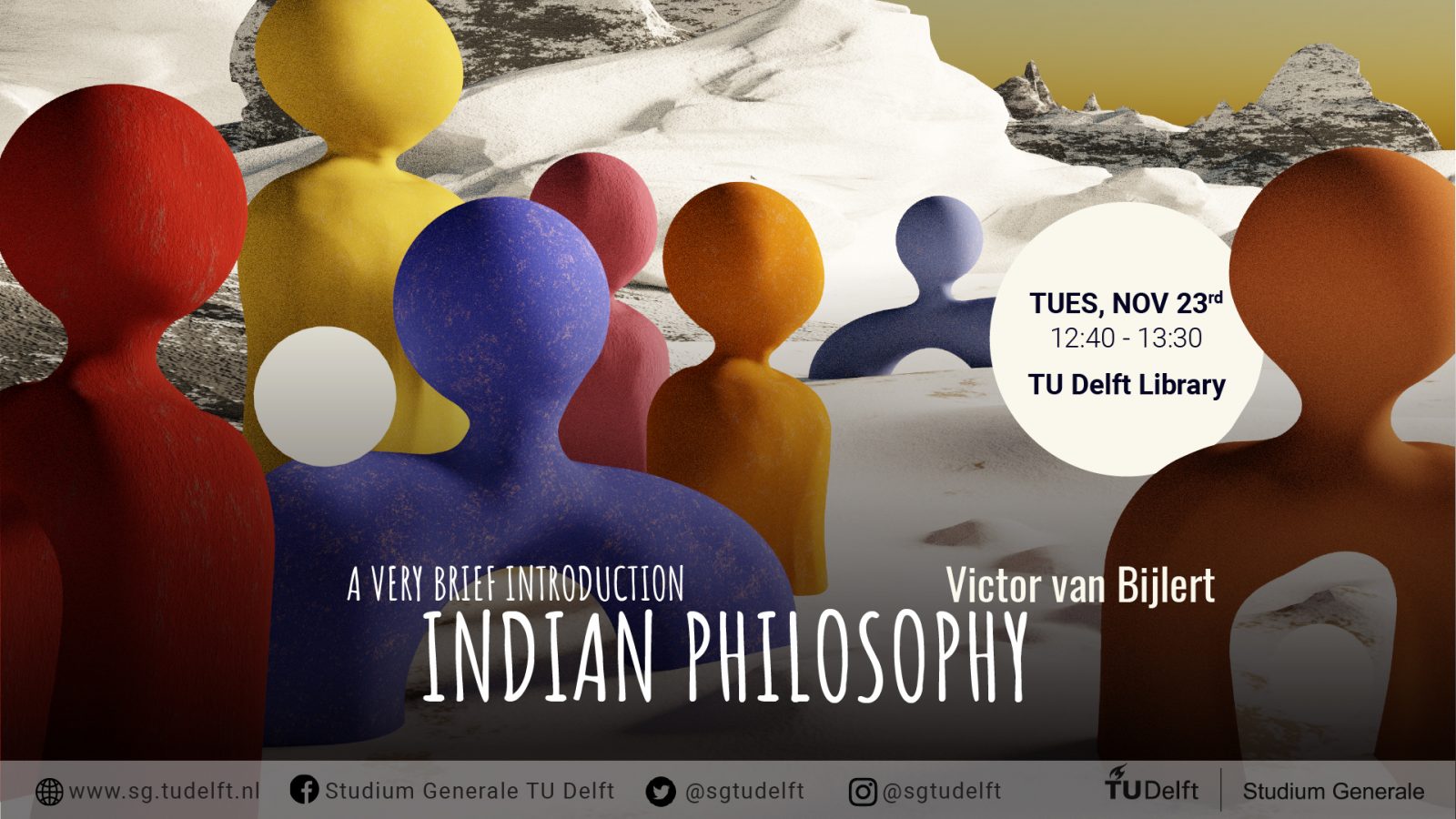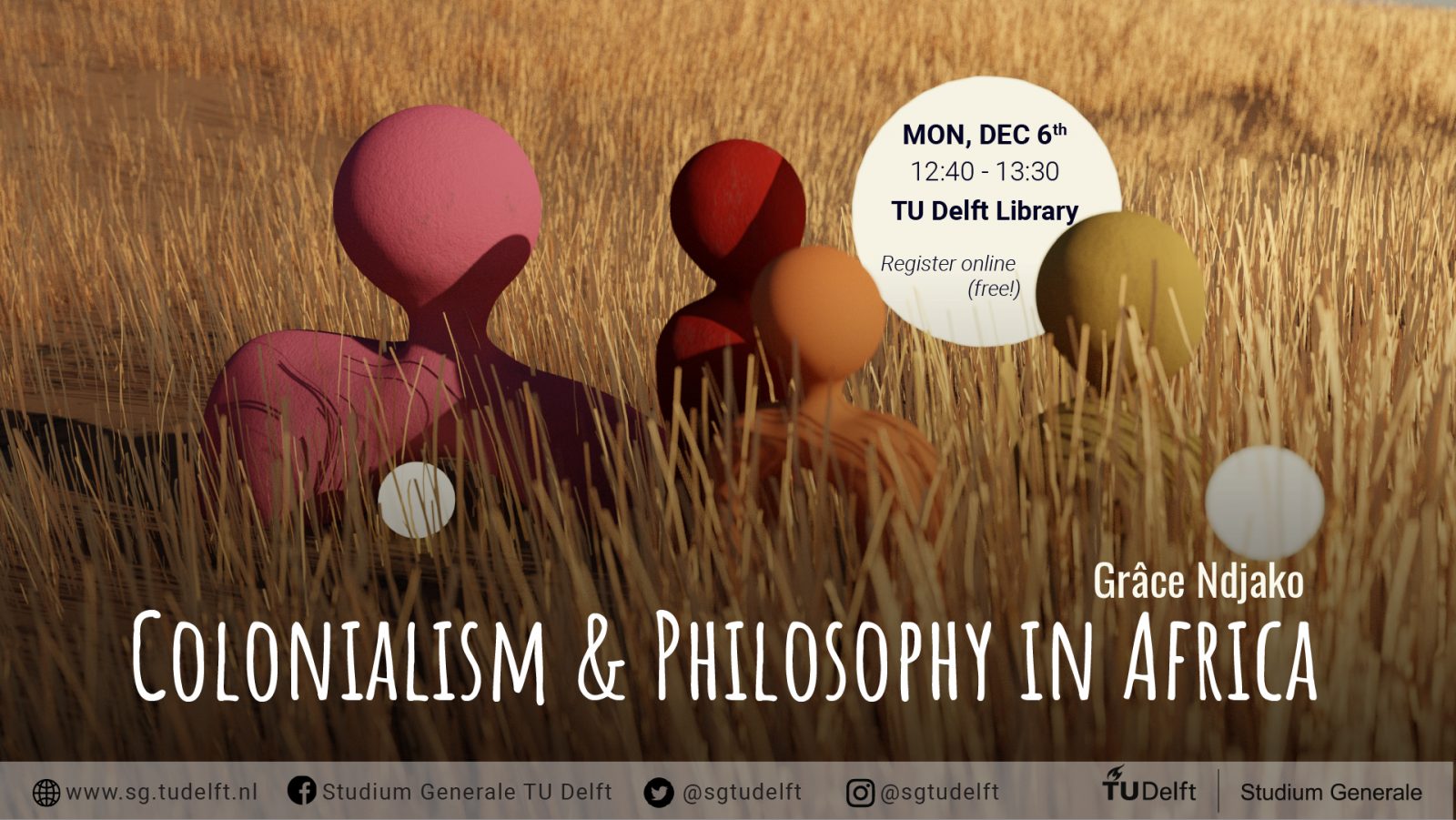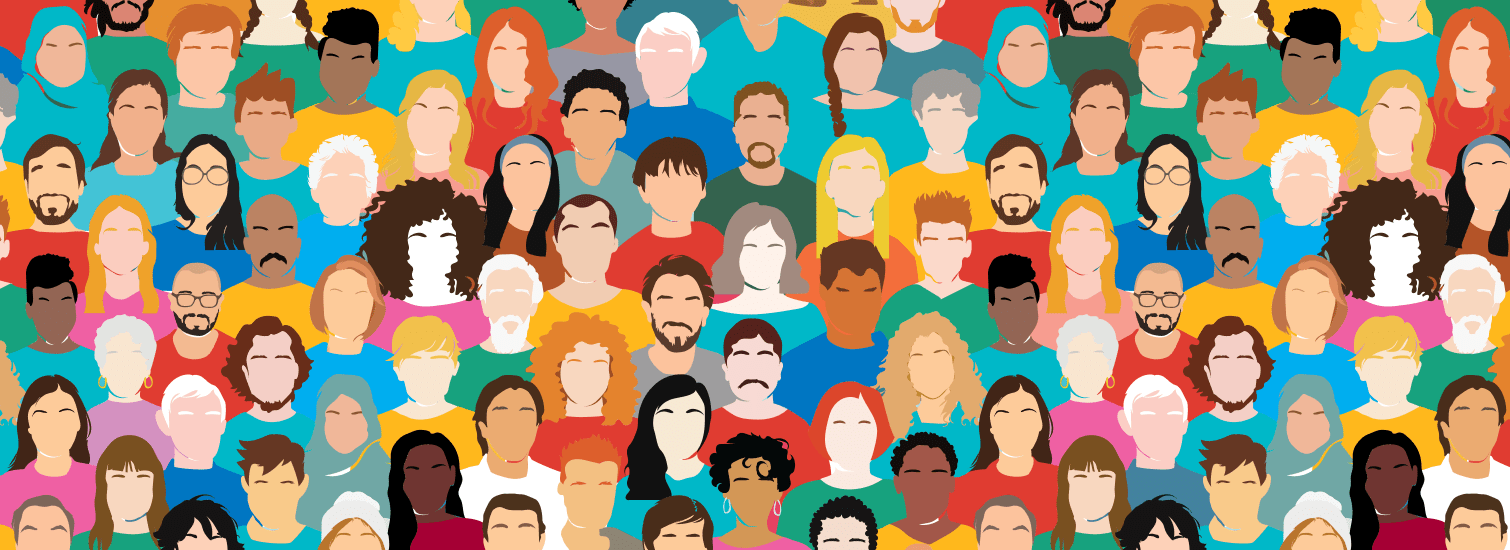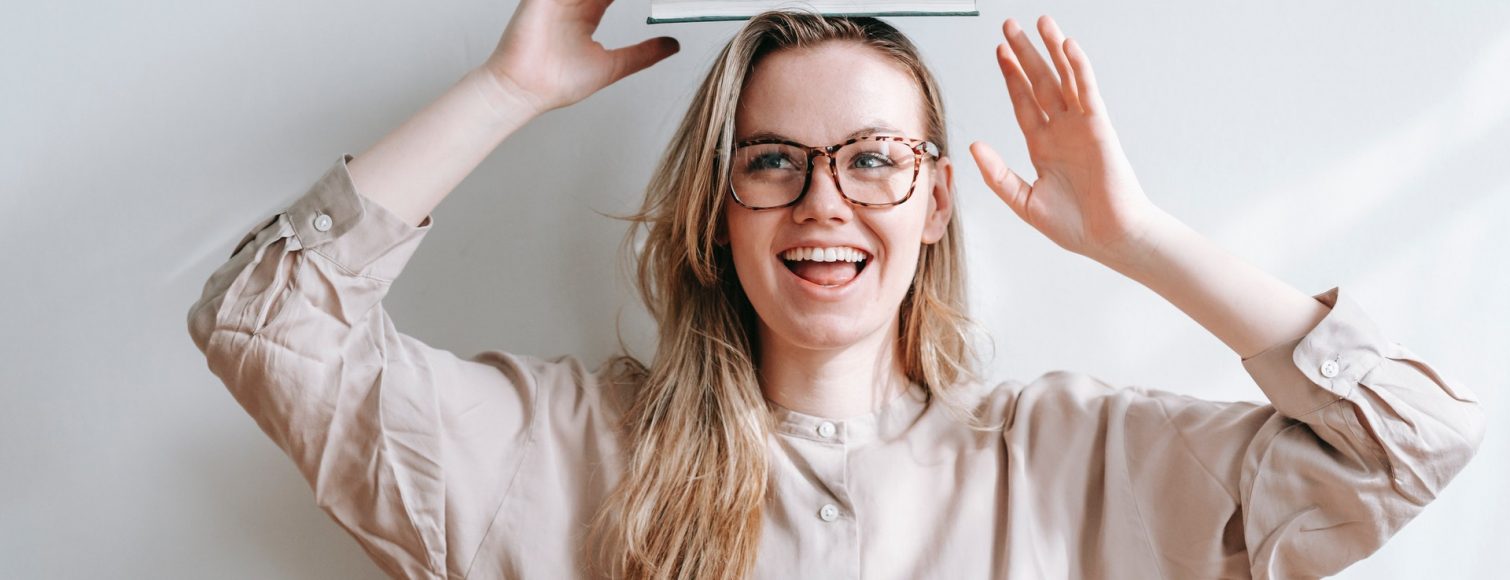When I was very young, I believed that things and animals were also persons with whom I could talk. Every morning I greeted the table and the chairs, and they greeted me back. At least, that’s how I saw it. I also had conversations with our gray and woolly Keeshond Skippy.
Now that I am much older, I think: how can you lose something that is so dear to you? Is that what growing up means? In many fairy tales, fables and myths around the world, things, plants and animals are depicted as talking and animated beings. Not the same as people – they have their own character; a tree is often slow and old, a fox very fast. But they are intelligent, as we imagine people to be. Those stories are not only very beautiful, but also offer a view of the world that I think still has value. And yet – as an adult you can still find them amusing, but really believing in them is not what we should do.
The reason, it is said, is that it is simply not true. The idea that things and animals can talk is not an accurate description of reality. Somewhere in ancient Greece a distinction arose between logos and mythos – logos refers to science; deduction, empirical observation. And for mythos the rest remains: stories, fabrications.
Yet throughout history there has always been doubt as to whether this distinction is really that simple. Perhaps myths are not strictly true – nevertheless, they have a lot of truth to tell. Ethical insights, for example. The Lord of the Rings or Harry Potter – the great myths of our time – never really happened, but tell us a lot about the value of friendship and loyalty.
The great Greek philosopher Aristotle states that good storytellers often reveal reality better than scientists ever can. And anyone who watches a series like The Crown understands what he means. Perhaps this series about the British royal family does not always do justice to the facts, but we do get to the motives and characters of the protagonists – in a way that factual historiography could never do.
After all, life, says Aristotle, is like a story (he actually uses the word mythos). It is full of crazy and unexpected events and twists. A story manages to make a meaningful whole out of it, because life is more than a garbage can of accidental memories. And just like in a story, we empathize with others. Science will never do that. What the science describes may all be true; and of course, science offers an invaluable contribution to society. But you don’t really sympathize, as you would with a life story. Only stories can do that. It is not for nothing that TU Delft uses a myth – the myth of Prometheus – as a symbol. Prometheus stole fire from the gods, to which man was subjected. In other words: technology – such as making fire – is more than just a way to control the world. It is a sign of emancipation, liberation and progress. Now that’s a story you can relate to.
At the same time, we must take seriously that the Promethean myth did not end well. The gods punished mankind by creating the curious Pandora, who could not resist opening a jar containing disease, war and other evils that were spread over the world. Technology comes with a dark side; those who think they can completely control the world, often do more harm than good.
But perhaps there is another story that can counterbalance this. Namely, the story that the world is more than something to bend to your will. It is a special place with animals, plants and things, that also have something to say. This calls for new stories about harmony between technology and the world. I noticed this during a study trip to Japan, where the ancient nature religion of Shintoism has effortlessly transformed into a concern for local trees and parks – but also into a hip ‘techno-animism’ in which technology is represented as spirited (‘kami‘). A good Western example is the sweet and caring robot Wall-E, from the Pixar film of the same name. I was reminded of the bond I had with my old Nokia cell phone, which I always regarded as a feisty little fellow. I still have it, somewhere in a drawer – I just cannot throw it away. And when I see it, I greet it as I used to do with the table and chairs. And I wonder: what would happen – in these days of climate change and consumerism – if we would see the world and technology as spirited, even if it is a myth?
Leon Heuts – Head of Studium Generale

